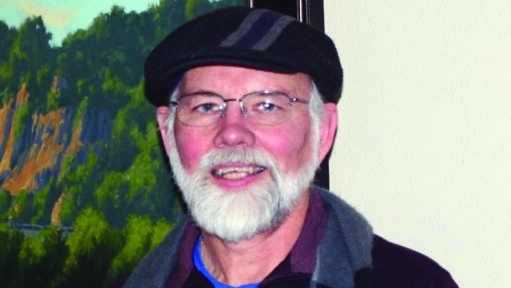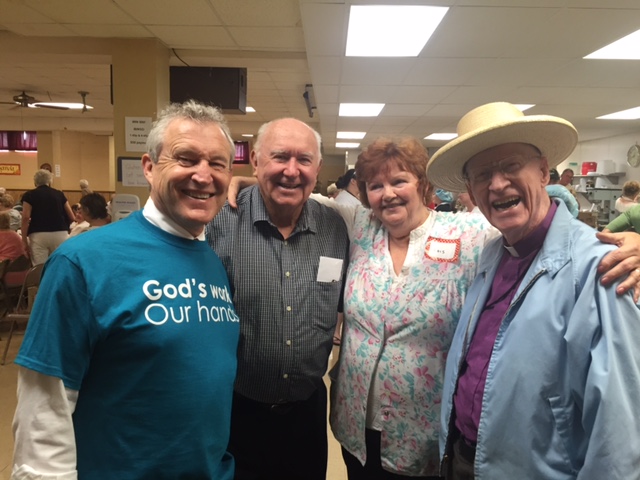The limitations of our vision
Like most young people, my young friend wanted to drive. In her case, however, driving meant being particularly mindful of a visual impairment she has had since infancy. What is directly in front of her she sees with perfect clarity. It is her left peripheral vision that is the issue. She sees nothing from the left side. It is like putting a patch over one eye and then trying to drive. By state law her range of vision puts her on the border of qualifying to take the driver’s test. A percentage more of loss and driving would have been out of the question. As it was, she received her permit and was free to practice driving. On one of those early practice drives, a young man on a skateboard shot out from her left side, between two parked cars. Were it not for the person accompanying her in the passenger’s seat noticing and yelling, it is likely she would have run the young man over. For my young friend, it was the end of her driving days. She had no desire to put herself or others at risk because of what she was unable to see.
One of the challenges we face in these highly culturally conflicted days is the limitation of our vision. Recently I was involved in a conversation with a friend about the hardships people faced through the 2008 housing crisis. My argument was that many people were harmed by predatory lending and lack of banking regulations. He argued it was all about personal responsibility and if you were hurt financially because you had a bad loan, that was on you. There was no budging him from his view that personal responsibility was the primary factor for all those who lost their homes.
In many respects, it is hard to disagree with the importance of personal responsibility. No matter what challenges a person faces, whether it be struggling with addiction, crisis in a marriage, financial stress, overt or covert racism and discrimination, there is no alternative to stepping into the situation with as much courage and strength as one can muster. We send our children off to school with the hope that they have good teachers, but we know that no matter how good the teachers are, our children have to do the work if they are to learn. As my friend insists, personal responsibility matters.
The problem is that like with my young friend who chose to forgo driving, what we see with absolute clarity is rarely the full picture. In almost all cases our peripheral vision, that which is not directly in front of us and outside of our immediate experience, is often missed altogether. What my friend sees about personal responsibility he sees with perfect clarity. It has worked for him, and he has benefited from it. What he is unable or unwilling to recognize is that there is much outside of his direct vision. These are the challenges posed by such things as racism, sexism and xenophobia, around which we create policies and practices that benefit some groups and harm others.
None of us, of course, are free from the limitations of our vision. All of us are missing things that are outside of our lived experience. For my young friend, while she has made the sacrifice to forgo driving, she has learned to compensate in other ways in life by turning her head in barely perceptible ways, just enough to expand her vision. For all of us hoping to bridge our deep cultural divides and desiring to live in communities and a nation free of constant rancor, one place where we might begin to expand our vision is by simply asking the question, ‘what do you see?’
Tim Johnson is a retired pastor for United Church of Christ.




